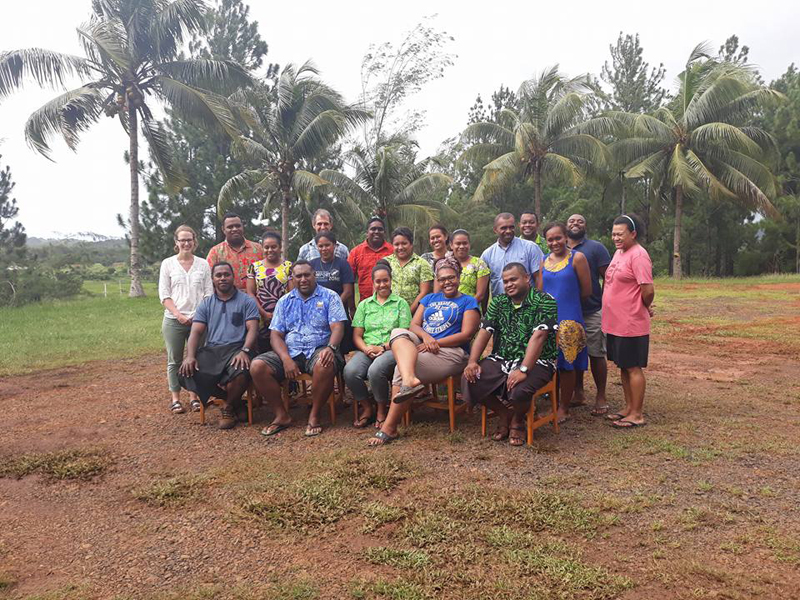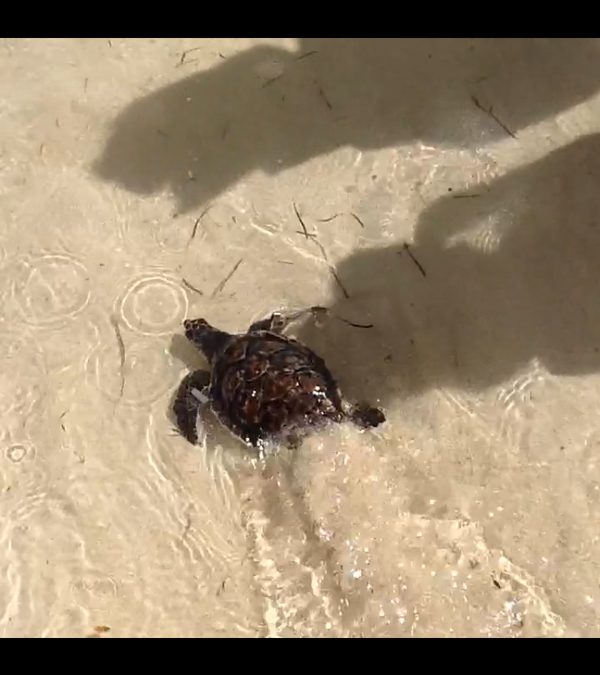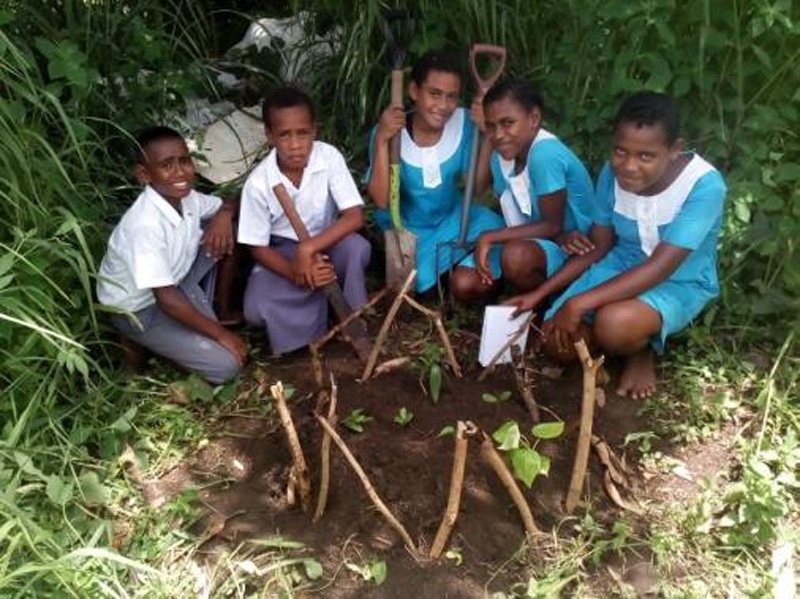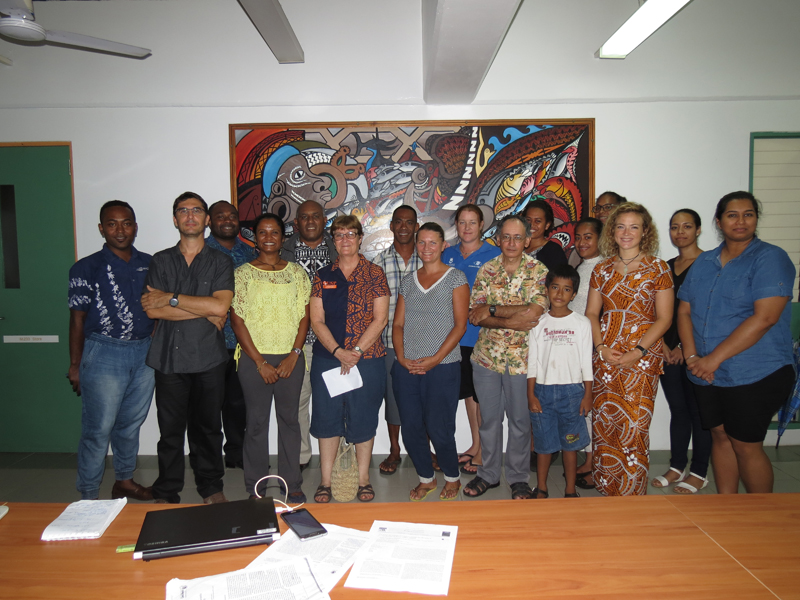
by Marica Vakacola | Mar 22, 2018 | Conservation, Dry Forest Restoration
Ecological restoration is the process of assisting the recovery of an ecosystem that has been degraded, damaged or destroyed. Reference https://www.erabg.org/what-is-ecological-restoration/ It is an international activity that initiates or accelerates the recovery of...

by Marica Vakacola | Mar 22, 2018 | Eco Tourism, Turtle Conservation
Sea turtles have existed for over 100 million years, and they travel throughout the world’s oceans. However, they are struggling to survive — largely because of things people are doing to the planet’s oceans and beaches. Turtles are “ambassadors of the oceans”, for...
by Marica Vakacola | Mar 22, 2018 | Fiji Environment, Forest Conservation
The dry forest is Fiji’s most endangered habitat with only 2% remaining in Fiji with just a few pockets remaining in the Mamanuca Group. The dry forest provides many environmental benefits including a significant role in the hydrologic cycle, soil conservation,...

by Marica Vakacola | Mar 22, 2018 | Conservation, Education, Fiji Environment, schools
The Mamanuca Environment Society provides environmental education for schools and is now preparing for yet another challenging school term. MES looks forward to visiting schools again in the Mamanuca region. The Environmental School Program for the first term kicks...

by Marica Vakacola | Mar 22, 2018 | Coral Conservation, Fiji Environment, Ocean Conservation
The Acanthaster planci (‘crown of thorns starfish’) is a non-invasive, naturally occurring pest that inhabits coral reefs. They are corallivores, covered in long poisonous spines that range from purplish-blue to reddish grey to green. COTS typically feed on...






